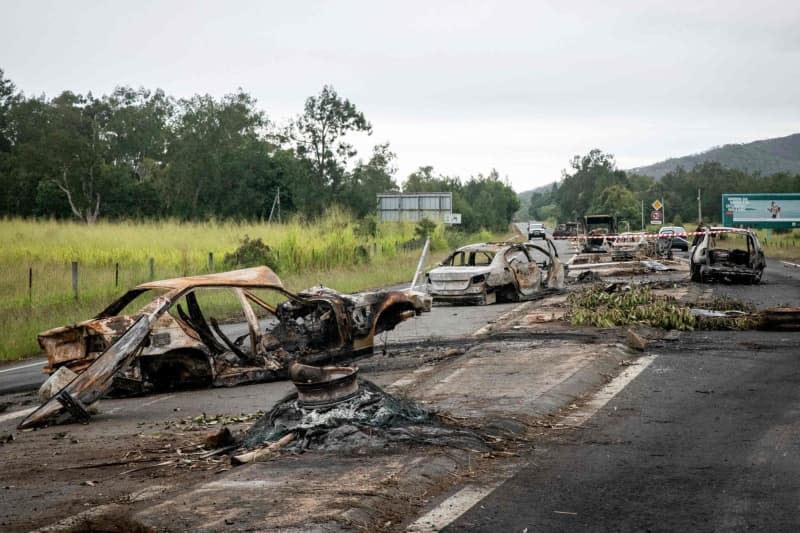France lifting state of emergency in New Caledonia

France is lifting a state of emergency in its overseas territory of New Caledonia after 12 days, the office of President Emmanuel Macron announced in Paris on Monday.
The measure, introduced on May 15 amid unrest in the South Pacific overseas territory, will not be extended and will end on Tuesday morning at 5 am local time (1800 GMT Monday), French media quoted the Elysée Palace as saying.
French media reported that the French government was hoping the move would help dialogue.
However, it went on to say that the prerequisite for concrete negotiations was for roadblocks set up by the demonstrators to go.
Paris also announced the deployment 480 additional police officers, bringing the number of French security forces in New Caledonia to around 3,500.
Although the situation has largely calmed down, the airport in the capital Nouméa, which has been closed since 14 May, is to remain closed to all commercial flights until at least June 2.
Macron flew to the island state in the South Pacific last week for a short visit to discuss solutions with the political forces and defuse the crisis.
The pro-independence protests, in which seven people died and hundreds were detained, were triggered by a constitutional amendment planned by Paris. This would grant thousands of French-born inhabitants of the archipelago the right to vote in provincial elections and give them more political influence.
The indigenous Kanak ethnic group in particular has long hoped for its own state and now fears that it will be at a disadvantage.
In three referendums in 2018, 2020 and 2021, the inhabitants of the former French colony voted in favour of remaining part of France. However, since the last vote, boycotted by the separatists, talks on a new status have stalled.
New Caledonia has historically been important to France in military and geopolitical terms, as well as due to its large nickel deposits.

